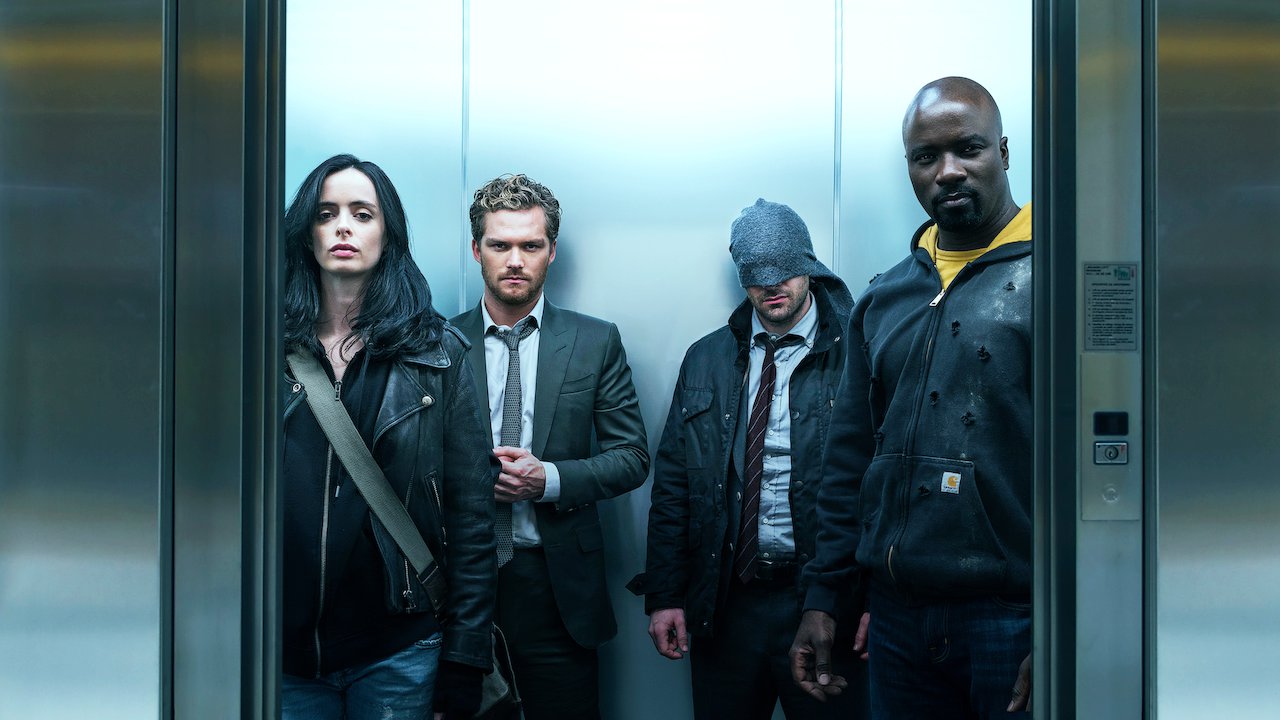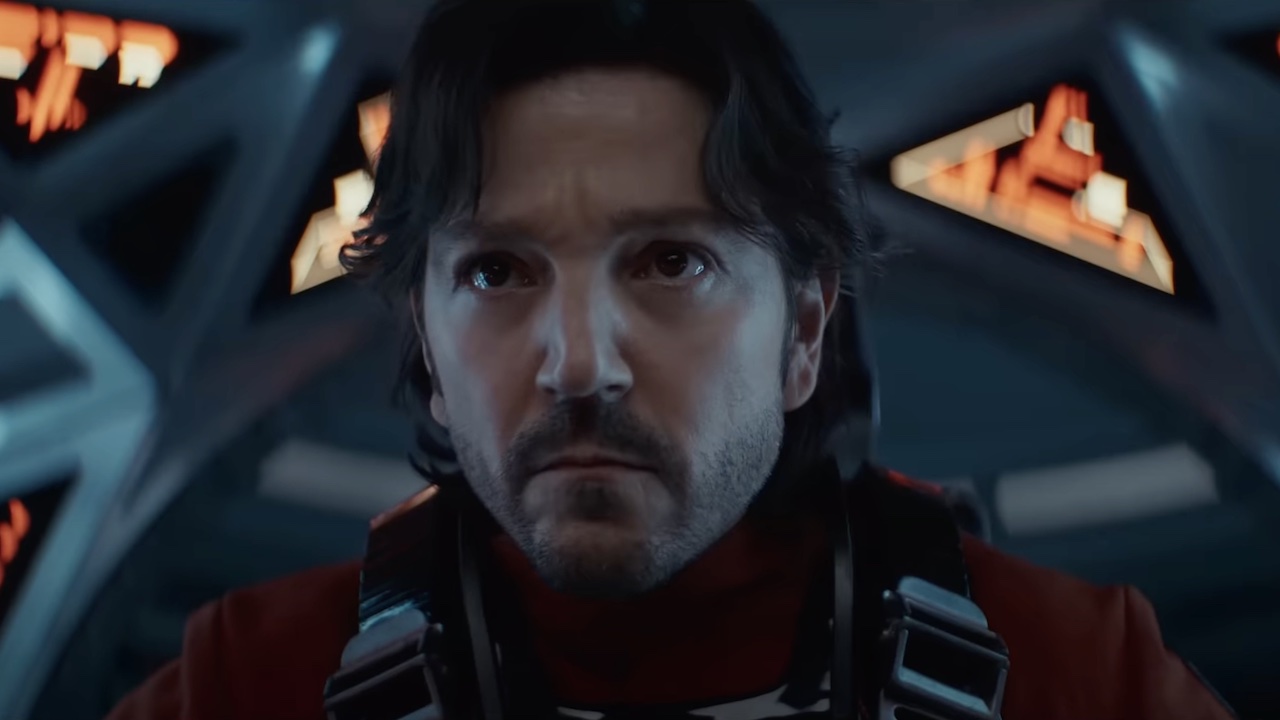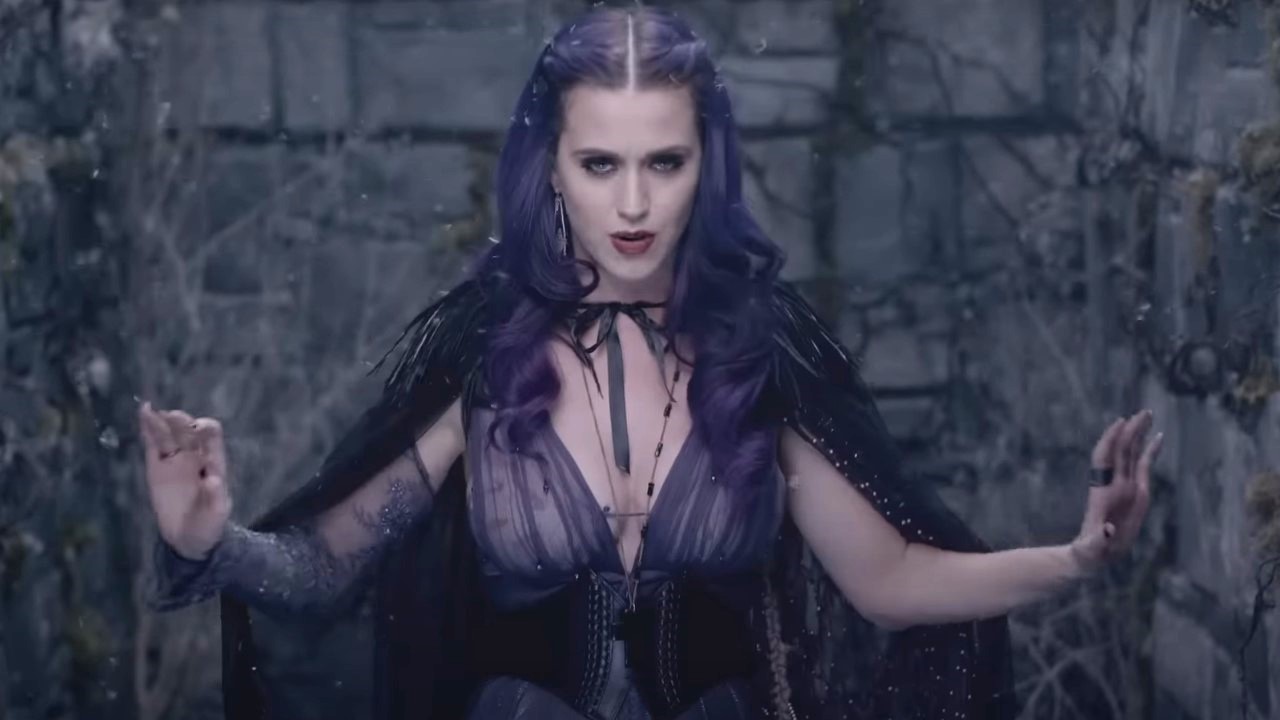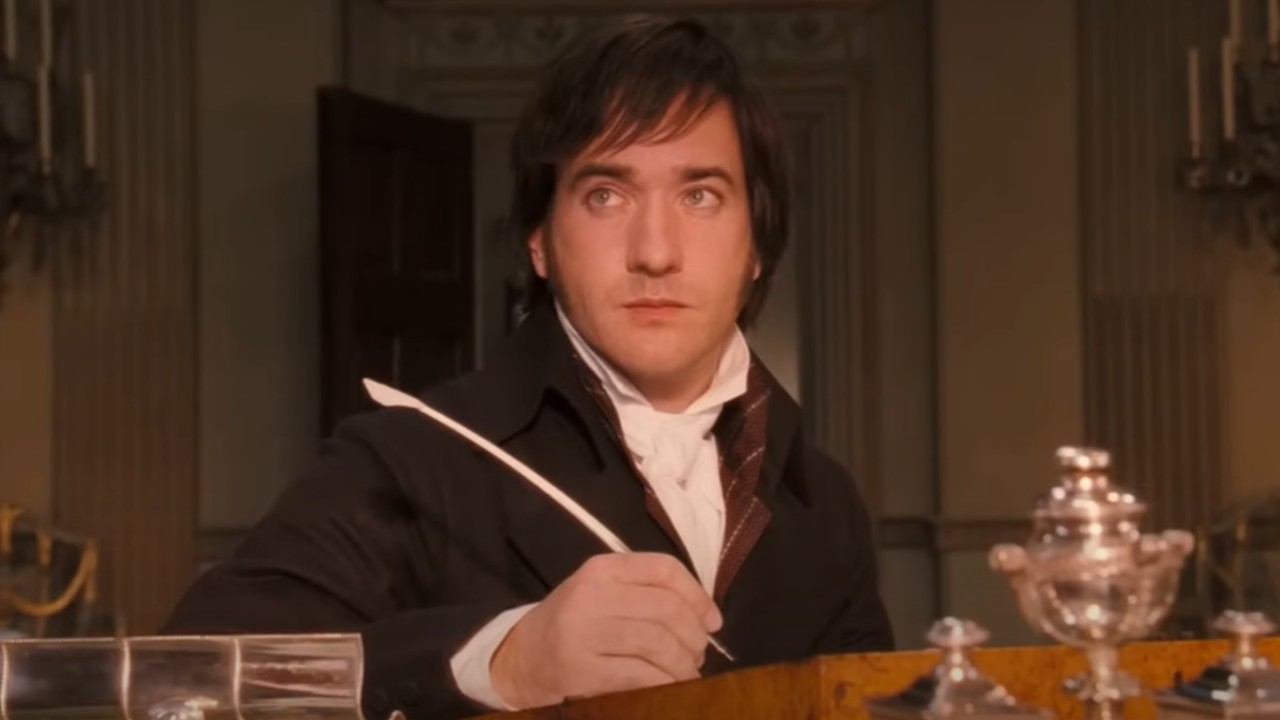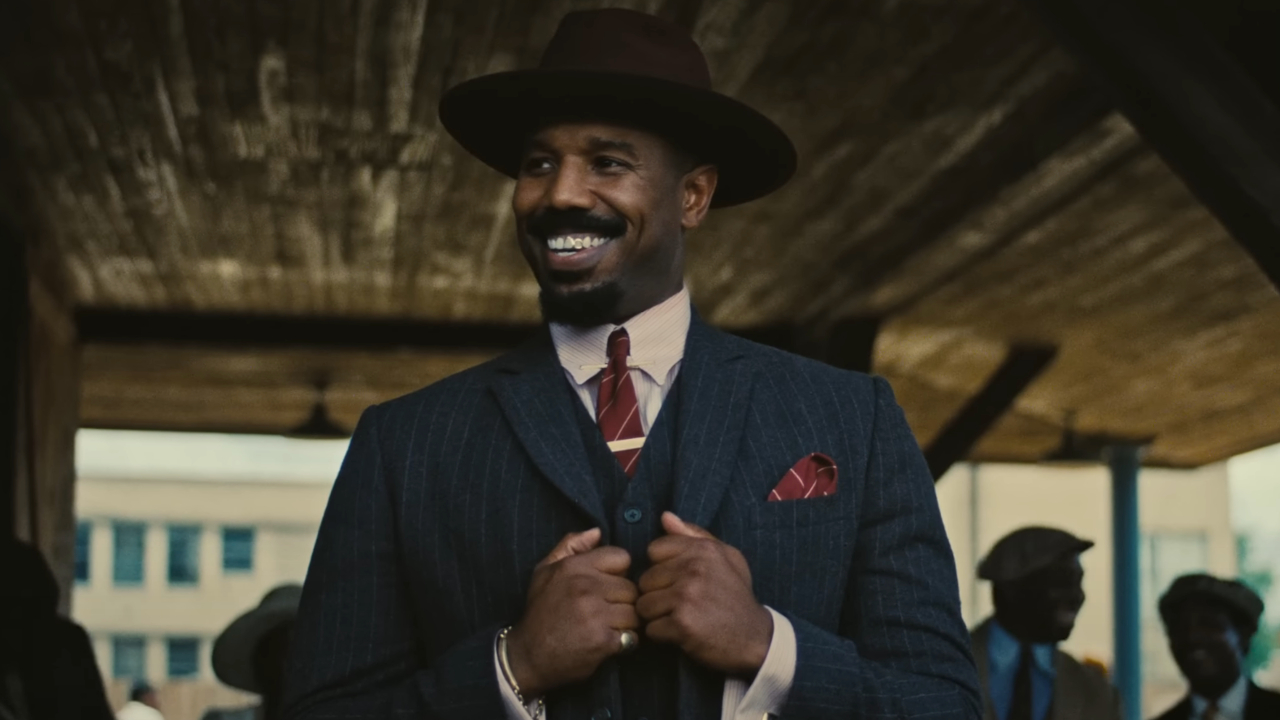Review: Life Of Pi Opens The New York Film Festival With Heartfelt Spectacle

A year ago Martin Scorsese brought an unfinished film to the New York Film Festival and showed a group of jaded critics an entirely new possibility for 3D. Today Ang Lee may have done it again. Introducing this morning's screening of Life of Pi (in advance of tonight's Opening Night gala at NYFF), Lee focused on its story, how author Yann Martel handed the story to him, and how Lee was now handing the story to us, the audience. But while Life of Pi tells a satisfying yarn of survival and faith and human grace, it's the visuals-- both the spectacular CGI and the game-changing use of 3D-- that elevates it well above Martel's wildly popular book.
Like Scorsese did with Hugo, Lee uses Pi's simple story to spin off in bold visual directions, balancing on the razor's edge between fantasy and outright surrealism that provides some of the most gripping and gorgeous images on screen this year. And it's not all just glittery poetry like seen in the image above-- Life of Pi contains several sequences of sheer terror, including an amazing shipwreck scene, and like the Bengal tiger with whom our hero Pi (Suraj Sharma), you never know when it might rear back and devastate you.
The film's opening sequence, set at the Pondicherry zoo where Pi lives with his family, is a lyrical and beautiful introduction to the combination of CGI and real animals who populate the film, as well as the 3D effects, which are brilliantly sharp. We spend some time seeing Pi-- full name Piscine Molitor Patel-- grow up and experiment with following every religion he comes across, as well as get training in the dangerous life of a zookeeper-- especially to stay well clear of the tiger, incongruously named Richard Parker. When Pi is a teenager his family decides to sell the zoo and move to Canada, bringing the animals with them on a cargo ship to sell in North America. The ship sinks in a violent storm, and Pi is left as the only human survivor in a lifeboat that, at first, contains a hyena, an injured zebra, an orangutan… and Richard Parker.
Pi's story is initially introduced to us in a framing device, in which older Pi (Irrfan Khan) tells the story to a Martel-like author (Rafe Spall), but the framing drops out as soon as the ship sinks, leaving us alone with Pi and Richard Parker and the vast, often terrifying expanse of the ocean. Lee nimbly moves between the ocean's threats and its potential for beauty, sometimes in a single shot, like a humpback whale leaping gorgeously through the ocean's phosphorescence… and swamping Pi's raft in the process. And while the tale of a boy on a boat with a tiger sounds like a children's fable, it's Richard Parker's inborn viciousness, and Pi's constant fear of him, that provides the movie's tension, and makes the tale of survival and inter-species communication all the more meaningful.
But like I said, the story-- and especially the religious overtones that come to play in the end-- are far less important than simply being consumed by this world of Lee's creation. I don't know if the actual 3D effects make a film more immersive or if it's the physical fact of wearing those clunky glasses, but Life of Pi is uniquely gripping, its lush visuals sweeping over the screen and, yes, occasionally popping out at you. Lee takes constant gambles with the film's look, diving into Pi's mind and the deep ocean with a fantasy sequence in which fish turn into zebras, layering shots over one another to create montage, or depicting the ocean as clear and perfectly reflective, as if Pi and Richard Parker are bobbing among the stars. Everything in it looks fantastical but true, an incredible balance that can only be achieved by a filmmaker with confidence like Lee's, who has spent a career hopping genres and styles but managed, once again, to utterly surprise us.
Life of Pi will dominate in the Academy Awards's visual effects category, and it's not hard to imagine it making progress elsewhere-- like Hugo as well, it's a movie cinema lovers can rally behind and gawk at forever. Even though its story is hamstrung by the same tripped-up ending that deflates Martel's book, Life of Pi works wonders in its best moments. Early on Pi's tale is billed as one that will "make you believe in God." I'm not so sure about that. But it will certainly make you believe in movies.
CINEMABLEND NEWSLETTER
Your Daily Blend of Entertainment News
Staff Writer at CinemaBlend





